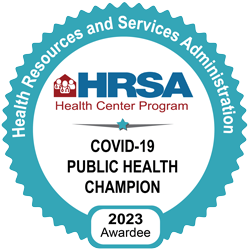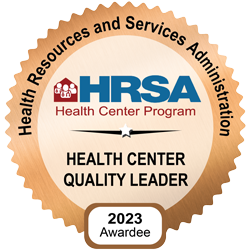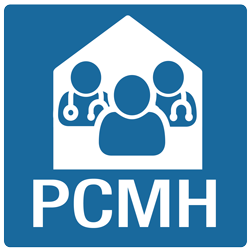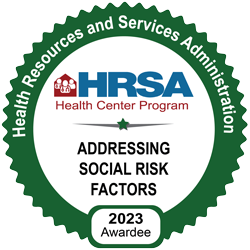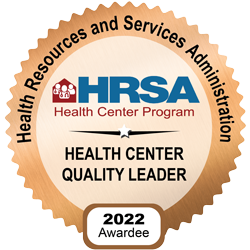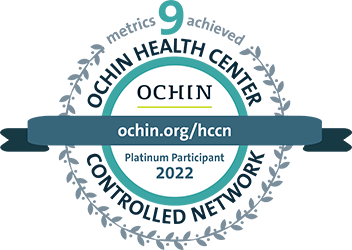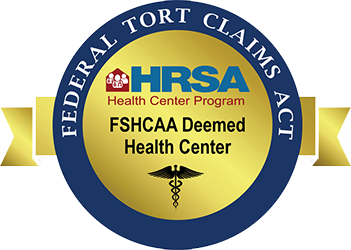COVID-19: Coronavirus Disease
If you have questions regarding Cornovirus/COVID-19, please call the ODH Hotline:
1.833.4.ASK.ODH (1.833.427.5634)
Resources
ODH Hotline: 1.833.4.ASK.ODH
Ohio Department of Health (ODH)
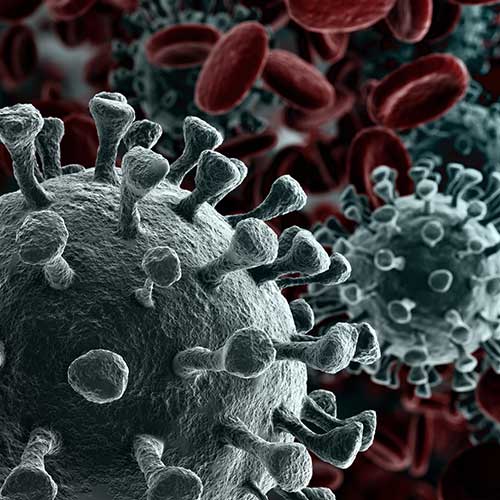
What is Coronavirus?
Coronaviruses are a family of viruses that have been known to infect people, some of which regularly circulate in the population now and cause symptoms of the common cold. COVID-19, or coronavirus disease 2019, is the name given to the disease caused by the newly identified coronavirus first identified in Wuhan, China in December 2019.
FACT:
An estimated 80% of infected people have mild symptoms (think common cold or less). The virus is harder on older adults with chronic medical conditions like heart issues, chronic lung disease and diabetes and may cause more severe symptoms such as severe difficulty breathing and pneumonia requiring hospital level care for severe cases.
FACT:
There are reports that there are small areas of suspected community spread in some states in the US. This means that these new cases are not directly traced back to a travel situation and there is likely a broader existence of this virus in that community than previously identified.
FACT:
Health officials are still learning about the virus from various cases around the world, and the Center for Disease Control and Prevention (CDC) has been able to successfully grow the virus in culture to further this research. Also, because we have seen similar types of viral illnesses in recent years, health officials are using experience with those outbreaks to make decisions about how to manage COVID-19 as we continue to learn more.
FACT:
Many people are worried about the death rate from COVID. The truth is that the death rate is likely much lower than what is reported in the news as many cases are mild and may not have been tested and therefore not included in the total count.
Symptoms
Reported illnesses have ranged from mild symptoms to severe illness.
Symptoms of COVID-19 may appear 2 – 14 days after exposure.
People with these symptoms may have COVID-19:
- Fever or chills
- Cough
- Shortness of breath or difficulty breathing
- Fatigue
- Muscle or body aches
- Headache
- New loss of taste or smell
- Sore throat
- Congestion or runny nose
Other less common symptoms may include nausea, vomiting or diarrhea.
This list does not include all symptoms. We will continue to update this list based on guidelines provided by the CDC.
How to Protect Yourself
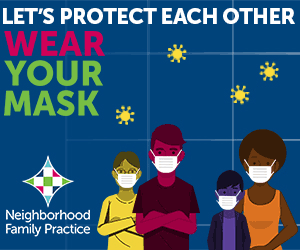
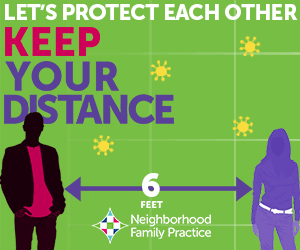
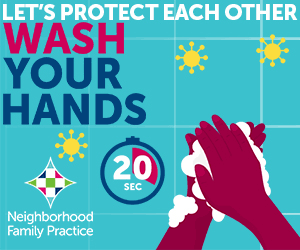
- Wash your hands often with soap and water for at least 20 seconds. Alcohol hand sanitizers are also effective.
- Avoid touching your eyes, nose, or mouth with unwashed hands.
- Avoid close contact with people who are sick.
- Stay home if you are sick (except to get medical care). Keep sick children home from school or daycare.
- Wear a face mask
- Cough or sneeze into a tissue or your elbow. If you use a tissue, wash your hands afterwards.
- Clean and disinfect frequently touched objects and surfaces (like doorknobs and light switches). Regular household cleaners are effective.
- Get plenty of rest, drink plenty of fluids, eat healthy foods and manage your stress to keep your immunity strong.
- Monitor your health daily, be alert for symptoms and take your temperature if symptoms
What To Do If You Are Sick
If you think you are sick with COVID-19 or suspect you are infected with the virus that causes COVID-19, follow these steps from the CDC to help prevent the disease from spreading to people in your home and community.
- Stay home except to get medical care. Do not go to work, school or public areas and avoid public transportation.
- Separate yourself from other people and animals in your home.
- Call ahead before visiting your doctor and tell them you have or may have COVID-19.
- Wear a face mask
- Cover your coughs and sneezes
- Avoid sharing personal household items
- Wash hands often with soap and water for at least 20 seconds. Use an alcohol-based hand sanitizer with at least 60% alcohol when soap and water aren’t readily available.
- Clean all “high-touch” surfaces everyday
- Monitor your symptoms and seek prompt medical attention if your illness is worsening (e.g. difficulty breathing).
- For more detailed information, download the CDC fact sheet: What to do if you are sick with coronavirus disease 2019 (COVID-19)
Informational Videos
We’re all in this together! If you think you may have Coronavirus (COVID-19) call us at 216.281.0872 and we will instruct you on next steps.
Si cree que puede tener Coronavirus (COVID-19), llamenos y le daremos instrucciones sobre los proximos pasos. Para obtener mas informacion sobre Coronavirus,…
Neighborhood Family Practice is committed to the health and safety of our patients, employees and the community. COVID-19 is a rapidly evolving situation and we are working closely with the Cleveland Department of Public Health, the Cuyahoga County Board of Health and the Ohio Department of Health. Staff at our medical centers regularly drill using various disaster scenarios including detection of infectious diseases, and have been advised about the CDC protocols to be used with this coronavirus. Additionally, as in all cases of emerging infectious diseases, the CDD’s recommendations could change, so we are monitoring and following them closely.


